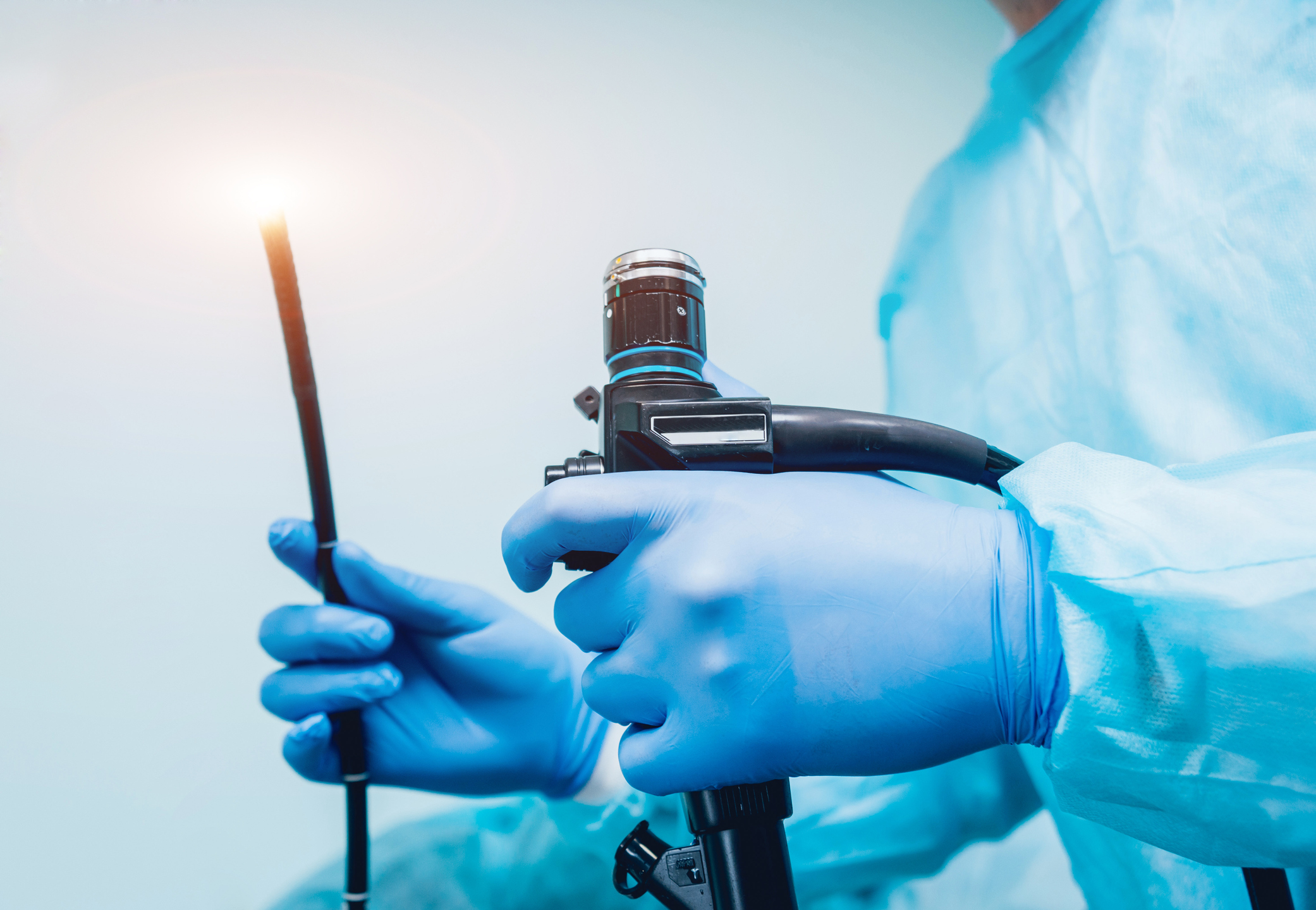The U.S. Food and Drug Administration (FDA) has updated its April 2020 Safety Communication recommending hospitals and endoscopy facilities complete the transition to innovative duodenoscope designs after postmarket surveillance 522 studies found partially or fully disposable models can cut the risk of between-patient contamination by half or more.
Key recommendations for your practice
- Use duodenoscopes that have disposable components or are fully disposable, if available at your facility.
- Implement quality control programs to validate your duodenoscope reprocessing techniques.
- See the complete recommendations in the FDA announcement.
AGA supports FDA’s continued efforts to reduce the risk of disease transmission by duodenoscopes.
Results from postmarket surveillance studies (also known as 522 studies)
In the alert, FDA shared preliminary results from ongoing 522 studies, which serve an important role in ensuring the safety of medical devices clinicians use every day in their practice. Interim results from one duodenoscope model with a removable component demonstrated a contamination rate of just 0.5%, as compared to older duodenoscope models which had contamination rates as high as 6%. 522 studies are ongoing for duodenoscopes with removable components.












